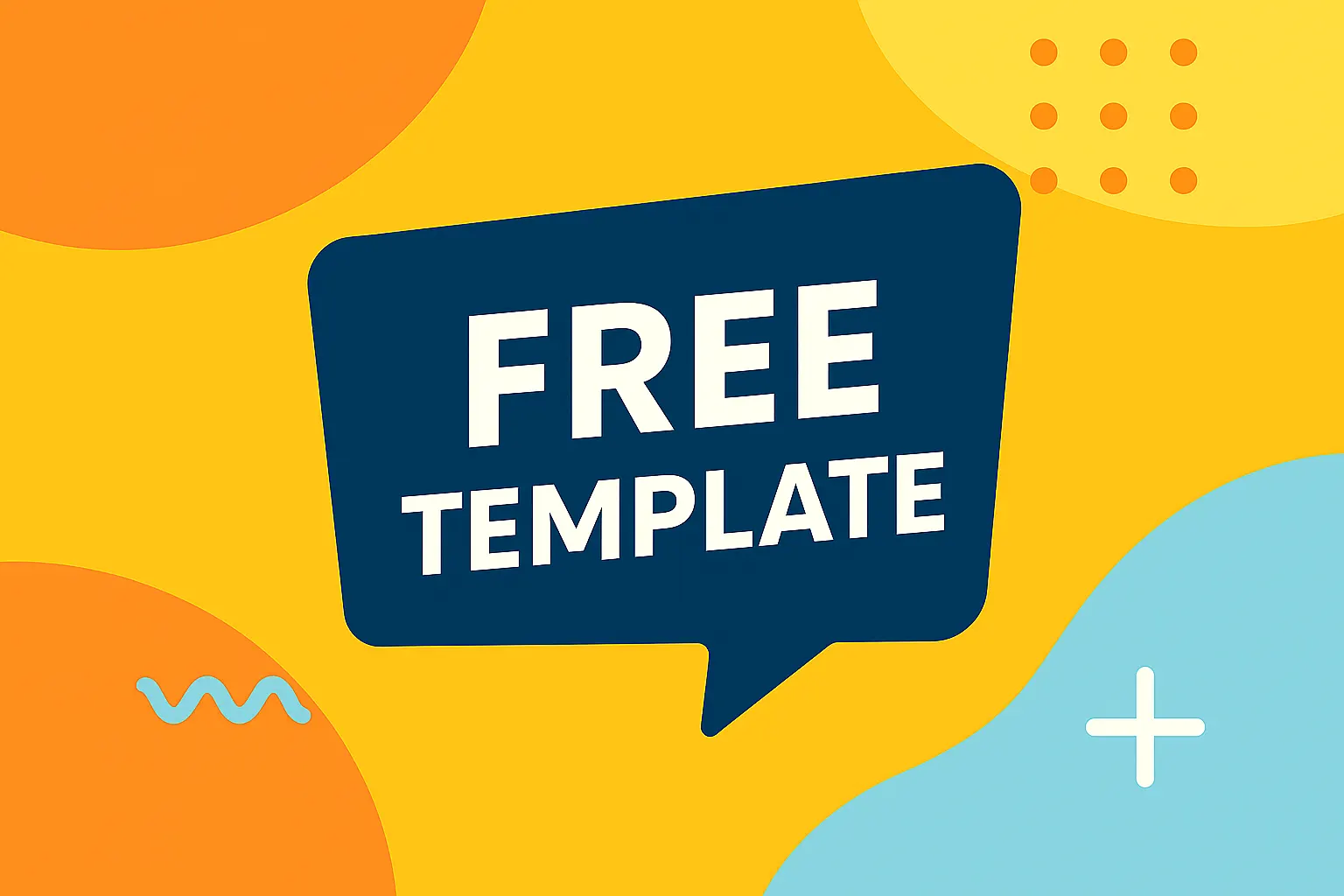Introduction
WordPress continues to evolve as the most powerful and flexible content management system (CMS) in the world, and with every year, design trends shift to reflect user behavior, technology innovations, and aesthetic sensibilities. In 2025, we’re seeing a stronger focus on minimalism, interactivity, personalization, and performance-first approaches that improve user experience while keeping things visually compelling.
Whether you’re a designer, developer, or business owner, staying updated on the latest WordPress design trends in 2025 is essential to building modern, high-converting websites.
This blog post explores the top trends shaping the WordPress design landscape this year and how you can apply them to your own projects.
Minimalism + Functional Aesthetics
In 2025, less is more. Websites are stripping down unnecessary clutter to focus on usability and clarity. Clean grids, bold typography, and simplified color palettes dominate modern WordPress themes.
Implementation Tips:
- Use minimalist themes like Astra, GeneratePress, or Blocksy.
- Avoid excessive animations or decorative elements that don’t serve a purpose.
- Make generous use of white space to improve legibility and content focus.
Motion UI and Micro-Interactions
Small, subtle animations now play a big role in enhancing the user experience.
These include:
- Button hover effects
- Scroll-based animation reveals
- Animated iconography
- Loading spinners or page transitions
Tools to Try: Lottie animations, GSAP, Framer Motion
Dark Mode and Color System Customization
Dark mode is more than a fad — it’s become an expected feature. Users prefer toggling between light and dark based on comfort and battery-saving needs.
Key Trends:
- Toggle-based dark mode support
- Soft color palettes in dark themes
- Customizable theme color presets for branding
Tip: Many WordPress themes and builders (like Elementor and Kadence) now include dark mode toggle options natively.
AI-Generated Design and Content Blocks
AI isn’t just for content — it’s revolutionizing design. In 2025, AI-assisted layout generation is becoming standard in advanced WordPress page builders.
Examples:
- AI-generated wireframes or templates
- AI suggesting CTA placements or image arrangements
- Smart section generators based on your content goals
Try: Elementor AI, Divi AI, Spectra AI
Scroll-Triggered Animations
Parallax scrolling and scroll-triggered elements enhance engagement without overwhelming users.
Examples:
- Backgrounds that shift on scroll
- Elements that fade in or rotate
- Animated timelines or progress indicators
Tool Tip: Use plugins like ScrollTrigger, Motion.page, or custom GSAP libraries.
Neumorphism 2.0
Neumorphism returns with more refinement in 2025. Gone are the overly soft shadows — replaced with sharper, more accessible contrast while retaining the tactile, pseudo-3D look.
Key Features:
- Inset buttons and cards
- Soft light and dark shadows
- Subtle contrast gradients
3D Elements and Immersive Graphics
With WebGL and Three.js becoming more mainstream, 3D design is now more practical in WordPress themes.
Popular Uses:
- Interactive 3D product showcases
- 3D backgrounds or parallax effects
- Tilt and hover-based depth effects
Caution: Always optimize assets for speed.
Mobile-First and Thumb-Friendly Design
As mobile usage grows, designs are shifting to prioritize thumb zones, simplified menus, and vertical content stacks.
Design Guidelines:
- Place key buttons in the lower third of the screen
- Avoid hamburger menus unless necessary
- Use swipe-based interactions where possible
Pro Tip: Test your design on multiple screen sizes and devices.
Accessibility-First Interfaces
Accessibility is no longer optional. Sites built in 2025 are embracing inclusive design from the ground up.
Design Adjustments:
- Higher contrast text
- Alt text on all images
- Focus indicators for keyboard navigation
- Screen reader support
Use: Accessibility testing plugins like WP Accessibility Helper.
Performance-Centric UI Design
Design in 2025 is closely tied to speed and performance. Visual choices are made with load time in mind.
Best Practices:
- Use SVGs and modern formats like WebP/AVIF
- Avoid large uncompressed background images
- Implement lazy loading
- Defer non-critical JS and CSS
Google Core Web Vitals remains a top priority for SEO and UX.
Theme Builders and FSE (Full Site Editing)
The WordPress block editor (Gutenberg) now supports Full Site Editing, and it’s changing how we build websites.
Popular Trends:
- Block-based themes with global styles
- Drag-and-drop editing of headers, footers, and templates
- Reusable patterns and AI-enhanced blocks
Recommended Themes: Twenty Twenty-Five, Neve FSE, FrostWP
WordPress Fonts, Gradients, and Visual Identity Trends
2025 brings a refined aesthetic to typography and visual branding.
Trending:
- Variable fonts for responsive design
- Large serif headlines paired with sans-serif body text
- Gradient overlays with blur effects
- Pastel and earthy tones replacing bold neon
Design Tools: Google Fonts Variable, Fontpair, Coolors
Final Thoughts
WordPress design in 2025 is a blend of performance, personalization, and aesthetics. Staying updated with these trends helps you build websites that are modern, accessible, and conversion-optimized.
Whether you’re building a personal blog, a portfolio, or an eCommerce store — incorporating even a few of these design elements can set your WordPress site apart.
Ready to modernize your WordPress website? Start applying these 2025 design trends today to create user-friendly, visually stunning, and future-proof websites.

